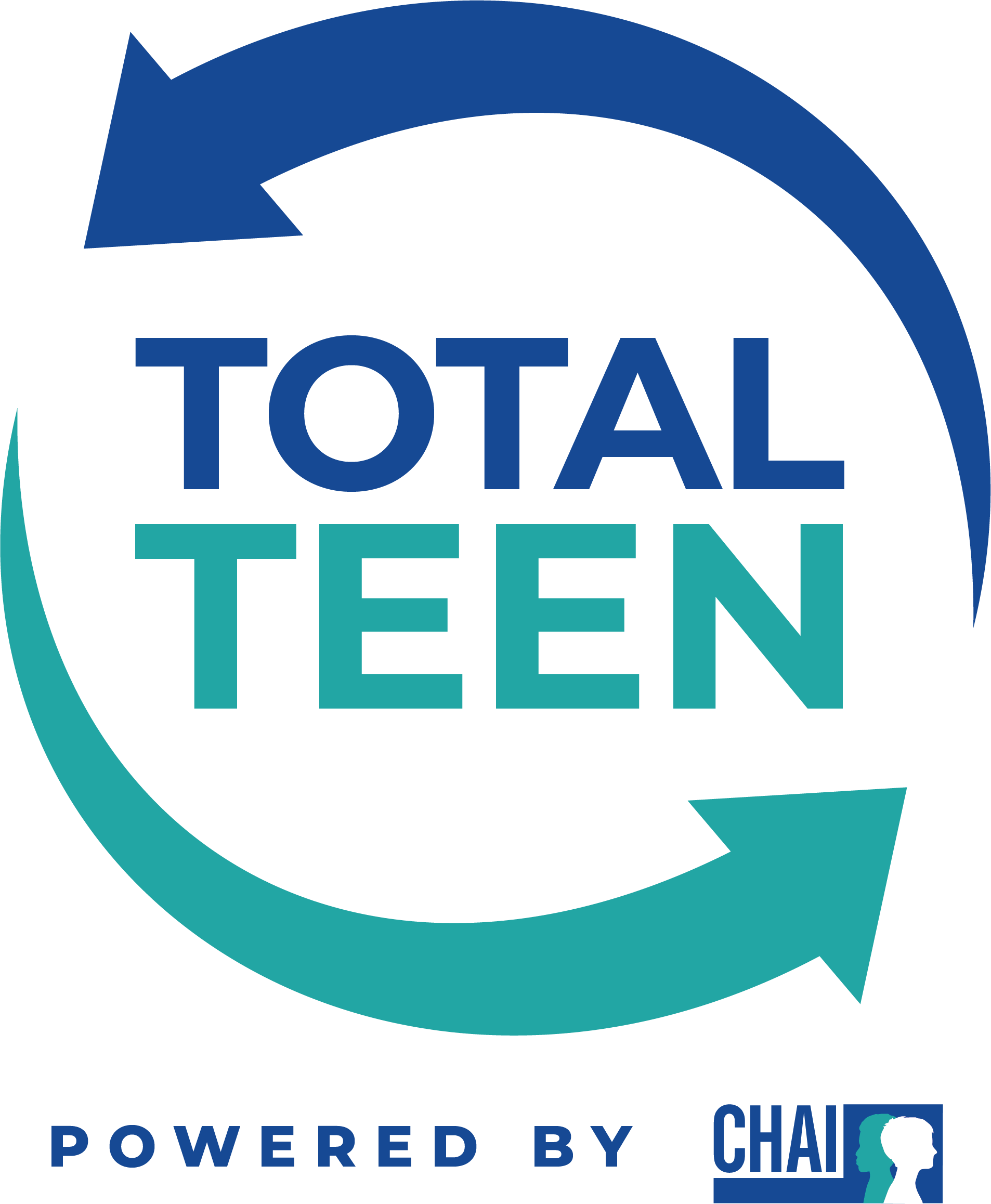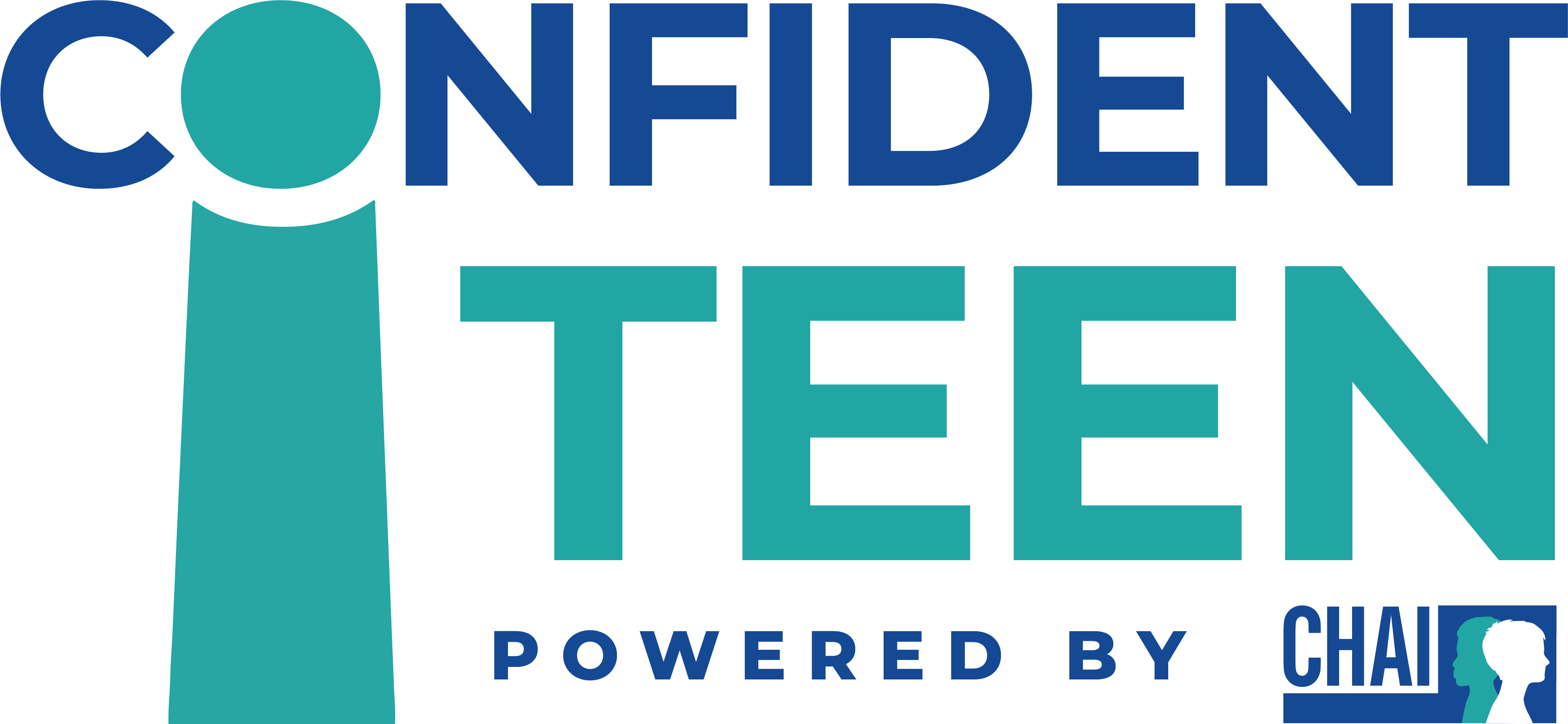New approaches to adolescent health are essential to meet the needs of today’s youth.
The CHAI team has developed two innovative programs that expand youth access to, and improve youth experience with, health services. Learn more about how your organization can adopt Total Teen and Confident Teen below.
Our Programs
Our Programs
Total Teen (TT) increases adolescent access to sexual and reproductive health (SRH) and mental health (MH) services in primary care settings. Patients complete a confidential assessment that provides scores for SRH and MH needs.
Get in Touch
Interested in one of our programs or trainings? Want to discuss potential partnerships or ways to collaborate? Reach out to us chaiproject@tamu.edu or send us your information in the spaces below and we’ll have a team member contact you.



